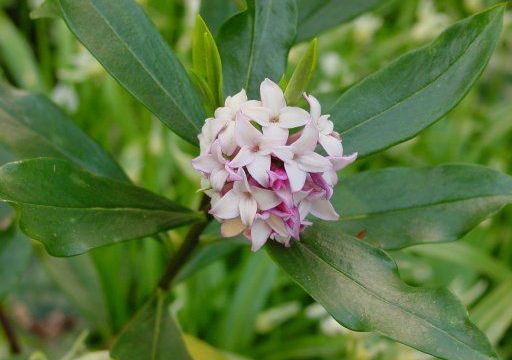Q&A: People are itching to get into their gardens
Published 12:00 am Friday, March 7, 2014
ALISBURY — March is generally the month when homeowners increase their outdoor activities in lawns and gardens, but the unpredictable weather has delayed many outdoor chores. Those with questions can email for faster and more complete information. Email has become the quickest and most efficient method of communicating gardening questions to Cooperative Extension. Attached pictures of insects or diseases helps determine problems and provide solutions. Email questions with pictures to darrell_blackwelder@ncsu.edu or danelle_cutting@ncsu.edu. Below are questions posed to Cooperative Extension over the past few weeks.
Question: Are special blended turf fertilizers really better for cool season fescue?
Answer: Turf fertilizers with slow release nutrients work well in the spring. The biggest problem with high nitrogen grade fertilizer is the quick release of nutrients and therefore excessive turf growth in April and May. Cool season turf fertilizers with slow release nutrients promote slower, even growth in the spring and therefore less mowing.
Question: My winter daphne has been growing very well for a number of years. Last week the shrub began to wilt and it looks like the plant is going to die. What is the problem?
Answer: Daphne odora is an evergreen shrub that produces a very fragrant bloom in the early spring. Unfortunately, the shrub is one of the most difficult to grow. Many succumb to root diseases after a few years. Even with the best of care very few survive more than 10 years.
Question: Is now a good time to apply pre-emergence herbicides to my lawn?
Answer: Yes. Pre-emergence herbicides need to be applied before the soil temperatures reach 58 degrees. The old rule of thumb was to apply them before the dogwoods bloom. Keep in mind that if you over-seed in the spring, some pre-emergence herbicides will prevent grass seed germination.
Question: Is now the time to apply dormant oils to my fruit trees?
Answer: Yes, dormant oils and/or liquid lime-sulfur are sprayed on trunks and scaffold limbs to control mites, scales and some fungal diseases. Apply these pesticides when temperatures are above 40 degrees and below 65 degrees. Avoid applications when buds have swelled and are showing flower color.
Question: Is it too late in the winter to mow my liriope?
Answer: No, liriope is actually a lily and a very tough plant. Mowing in the spring is generally recommended to rejuvenate growth and remove growth damaged by cold, insects, etc. Make sure your mower blade is sharp and mow the plants at least 4 inches high.
Darrell Blackwelder is the County Extension director with horticulture responsibilities with the North Carolina Cooperative Extension Service in Rowan County.





